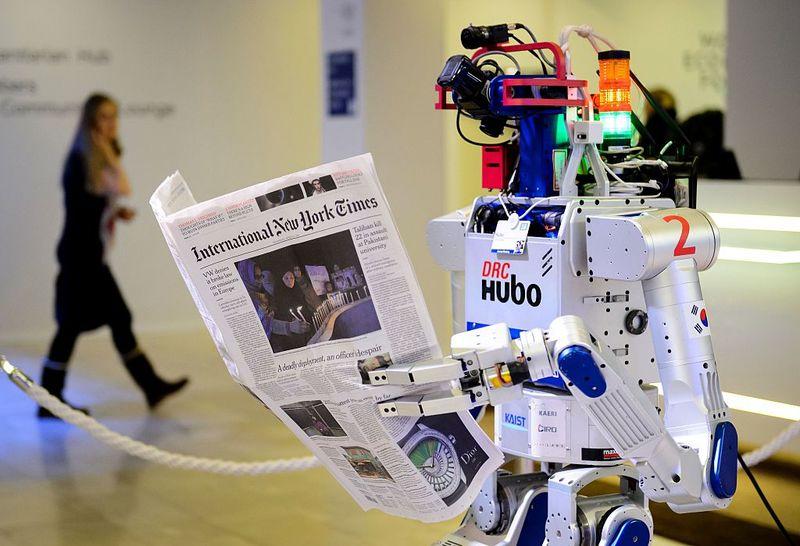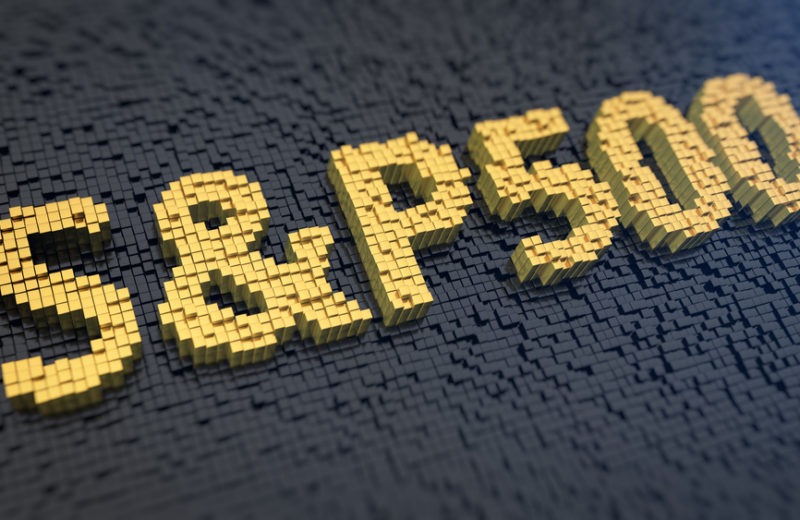When a new era emerges in the US, there’s a time gap before new regulations come into place. We believe humans are the ones to judge new challenges and come up with possible resolutions. However, ChatGPT mobilization makes it possible to flood and overshadow the already existing system of thought and action.
Before diving into the matter, let’s consider the regulatory process. At this point, while the AI era is only beginning to grow, there is no law prohibiting people from generating public opinions and even legal documents. Additionally, a human could add modest touches to the content either way.
With the rise of AI-generated content, the US political system faces a new challenge of regulatory comments vulnerability. ChatGPT has a profound way of writing letters and e-mails addressed to members of Congress. The content either praises or complains about a certain policy. The language is formal and even more professional than a regular constituent could handle. The dangerous thing about the process is that it forms a damaged version of public opinion. Interest groups might use ChatGPT to create artificially generated, biased, and intelligent public opinion.
Congressional staff can’t use the internet to read policy studies or gauge public opinion anymore. By developing and writing artificial blogs that would link to wider audiences, one can use ChatGPT for so-called search engine optimization. The problem of the distinction between machine- and human-generated ideas has long been a concern. But it will become even more difficult to discern between them quite soon. ChatGPT is always evolving and soon it will be able to support GPT4 and receive feature updates.
Besides measuring discourse, ChatGPT can influence it as well
ChatGPT regurgitates and remixes what it is fed both successfully and miserably. Therefore, since programs depend on such enormous quantities of data, it is virtually impossible for developers to anticipate and regulate failures of transform-based AI software.
Sometimes it acquires high-quality source topics, and in that case, it generates the right answers. However, not once has conspiracy theorists-linked, unreliable, and non-English content messed with ChatGPT’s effectiveness. Due to specific, disproportionately skewed political trends, ChatGPT has also produced many politically biased speeches that have spread across social media.
All in all, humanity stands before a great challenge. We need to rethink how modern technology operates so that it does not endanger public opinion.
















